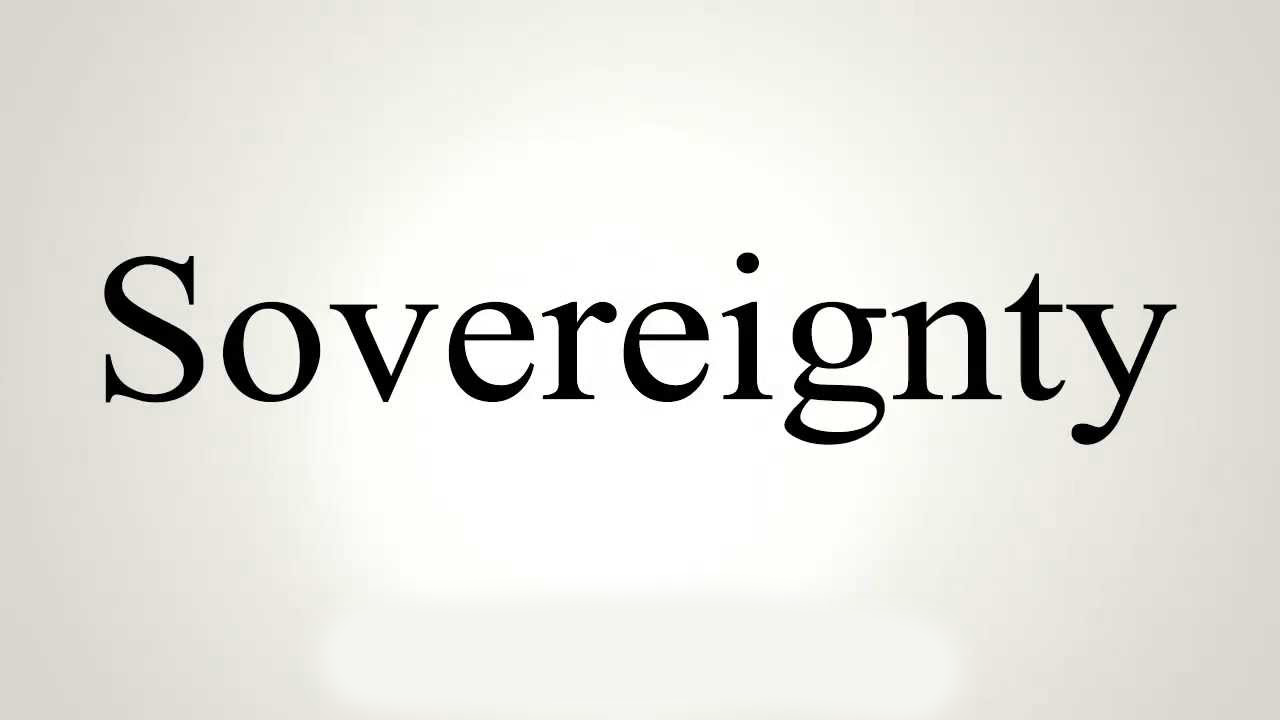
If you live in Zimbabwe and follow events here, it is hard to miss the reality that sovereignty happens to be one of the most favored buzz words in a certain political party’s vocabulary.
Although this is the case, the irony of it all is that, for Zanu PF which has denounced everything European, state sovereignty is in fact a European, colonial and imperialist concept which is some 400 years old.
Not only that, it is also dying.
Back in 1648, a 30 year long senseless and deeply exhausting war involving religious leaders and secular society at large in Europe ended at Westphalia.
Westphalia is a region in Germany where a treaty to end the war was signed.
This became known as the Treaty of Westphalia or the Peace of Westphalia.
What Westphalia achieved was the disintegration of the once mighty Holy Roman Empire leading to the creation of numerous independent European countries with their own governments.
It was at Westphalia that the concept of state sovereignty was birthed.
Leaders at the meeting agreed that each territory with its own population was free from external interference in its domestic affairs.
This was necessary to securing long term peace among nations.
The infamous Berlin Conference, which many encountered in secondary school history, and which partitioned Africa in the 1800s was a subsequent effort to uphold and safeguard the Westphalian principles.
When European colonial powers spread their influence across the world through colonial conquest and imperialism, they carried the Westphalian model with them and established it in newly found territories from Latin America to India and Africa.
It is in this way that the world ended-up with a territorial uniform system of governance as we know it today.
It is therefore the case that the current world order is refereed to as the Westphalian system whose main pillar is state sovereignty.
When the United Nations (UN) was created in 1945, in one way it sustained the Westphalian system of governance and in another sense it also weakened it.
It endorsed it by baking into the UN Charter, the most important guiding document of the UN, the idea that states are sovereign and free from external interference.
At another level, the UN Charter gave authority to other UN members under the leadership of the UN Security Council (UNSC) to interfere in the domestic affairs of other states if those affairs threatened international peace and security.
The result is that today, unlike immediately after 1648, state sovereignty although a key to world peace and security, is no longer absolute.
Many saw that state sovereignty is in fact a danger to international peace and security.
It is therefore not the case that Zimbabwe, or any other country, enjoys absolute sovereignty as politicians would have the unenlightened believe.
Responsibility to Protect
Over and above limited sovereignty in the UN Charter, in 2005, countries around the world adopted what became to be known as the Responsibility to Protect or R2P in short.
Among others, R2P was triggered by the genocidal events in Rwanda in the 90s where millions of people lost their lives whilst the world watched and did too little too late.
R2P provides three levels of responsibility as follows;
-
The State carries the primary responsibility for protecting populations from genocide, war crimes, crimes against humanity and ethnic cleansing, and their incitement;
-
The international community has a responsibility to encourage and assist States in fulfilling this responsibility;
-
The international community has a responsibility to use appropriate diplomatic, humanitarian and other means to protect populations from these crimes. If a State is manifestly failing to protect its populations, the international community must be prepared to take collective action to protect populations, in accordance with the Charter of the United Nations((UN – The Responsibility to Protect)).
R2P represents the most recent and clearest sign yet at the UN level that governments no-longer enjoy the same degree of sovereignty as some would have us believe.
The Internet killing sovereignty
Outside of the UN system, state sovereignty of the Westphalian type and as claimed by political parties such as Zanu PF has been seriously eroded by the internet.
It is the internet that is driving social media and other rapidly changing means of communication and individual expression.
The internet has done the most damage to state sovereignty than anything else one could imagine.
In fact, I argue that it is at the hands of the internet, an important agent of globalization, that state sovereignty whilst not yet totally dead, it is dying.
The rise of the internet and the slow but sure death of sovereignty has led some to conclude that we are already in the post-Westphalian world order.
It is a world order where governments are increasingly playing second fiddle to the power and dictates of the internet.